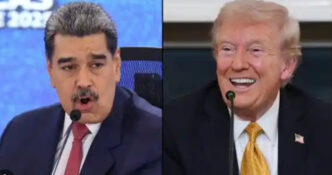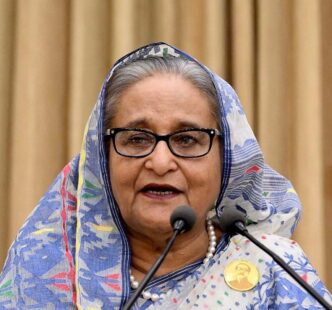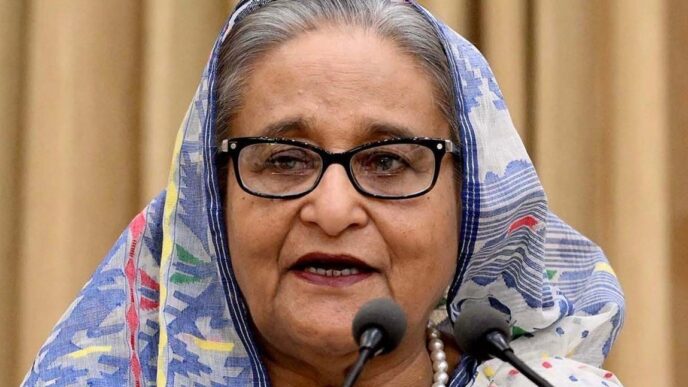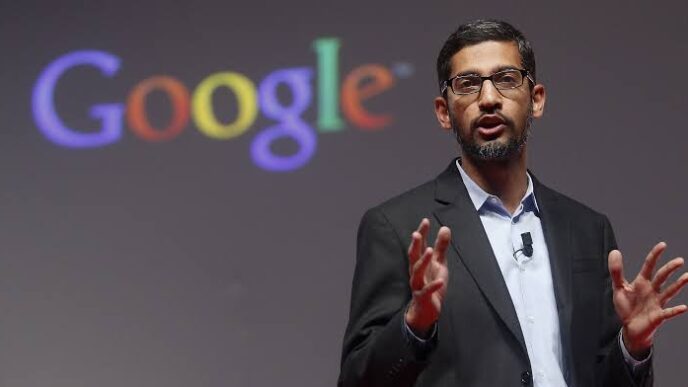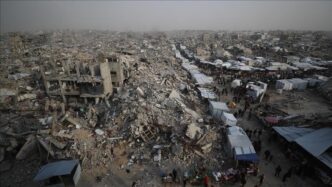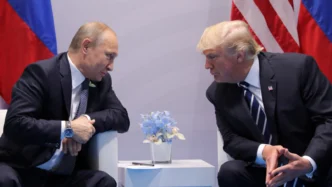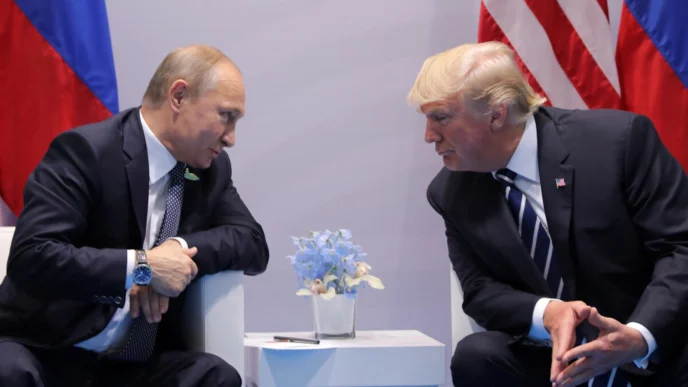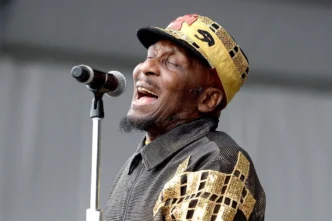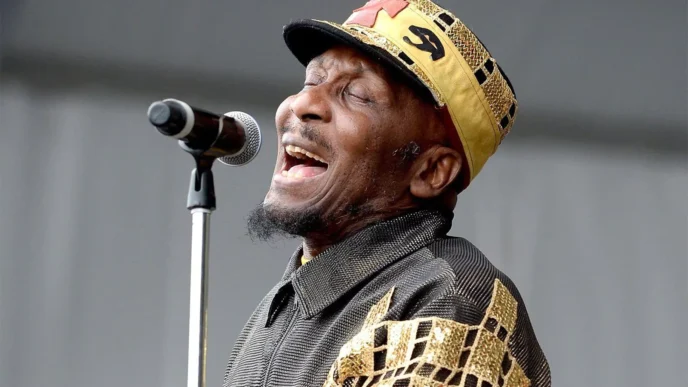The United States is preparing an unexpected escalation in its long-running standoff with Venezuela, as Washington moves to formally list Cartel de los Soles as a foreign terrorist organization this month.
The announcement, made on Sunday by Secretary of State Marco Rubio, has pushed regional tensions to a new level.
Moreover, the decision arrives at a moment when US military activity around the Caribbean has grown more visible.
Rubio revealed that the designation will take effect on November 24.
The foreign terrorist organization designation marks one of Washington’s most severe counterterror tools.
However, the shock came from the depth of the accusation, which claims the cartel is led by Venezuelan President Nicolás Maduro and other senior officials.
In a press release, the State Department said, “Neither Maduro nor his cronies represent Venezuela’s legitimate government.”
The statement added that “Cartel de los Soles by and with other designated FTOs including Tren de Aragua and the Sinaloa Cartel are responsible for terrorist violence throughout our hemisphere as well as for trafficking drugs into the United States and Europe.”
These claims intensified the international spotlight already on Caracas.
Meanwhile, US forces have been active across the Caribbean in recent weeks.
The world’s largest aircraft carrier arrived on Sunday, a move seen as symbolic and strategic.
In addition, the US conducted its 21st known strike against an alleged drug boat over the weekend, further signaling a stronger stance from Washington.
President Donald Trump suggested the new label could widen military options against Maduro’s inner circle.
“It allows us to do that, but we haven’t said we’re going to do that,” he told reporters.
He added that “We may be having some discussions with Maduro, and we’ll see how that turns out,” hinting at a mix of pressure and diplomacy.
Furthermore, he claimed Maduro’s team “would like to talk,” though he offered no details.
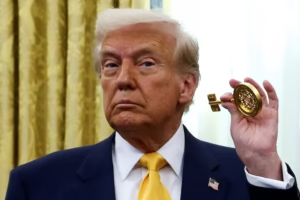
While Trump said he reached a decision on possible actions regarding Venezuela, he remained noncommittal.
He also insisted the administration does not need congressional approval for missions inside Venezuela.
“We like to keep Congress involved… We don’t have to get their approval. But I think letting them know is good,” he said.
Some experts have raised concerns about recent boat strikes, since the US has not declared war on Venezuela.
The foreign terrorist organization designation gives power to impose sanctions but does not automatically approve lethal force.
However, it does ban US persons from offering “material support or resources” to listed groups, and it bars their members from entering the country.
Congress has seven days to review the decision before it becomes active.
Earlier this year, Rubio argued that the label allowed Washington to “target these groups.”
He insisted, “We have to start treating them as armed terrorist organizations, not simply drug-dealing organizations.”
His comments reflected a broader shift toward framing drug crime as terrorism.
The announcement follows July sanctions from the US Treasury, which marked Cartel de los Soles as a “Specially Designated Global Terrorist” group.
Treasury officials noted the cartel’s name came from sun symbols seen on uniforms of Venezuelan military officials.
Furthermore, Attorney General Pam Bondi recently offered a $50 million reward for information leading to Maduro’s arrest, although no conclusive evidence has been presented.
Caracas has rejected all allegations, calling them politically motivated.
However, Washington remains firm, setting the stage for what could become one of the most defining geopolitical disputes in the hemisphere.
